- Home
- Nathaniel Hawthorne
The Canterbury Pilgrims Page 2
The Canterbury Pilgrims Read online
Page 2
“And didn’t He help thee, friend?” demanded Josiah, with some eagerness.
“No,” said the yeoman, sullenly; “for then you would not have seen me here. I have labored hard for years; and my means have been growing narrower, and my living poorer, and my heart colder and heavier, all the time; till at last I could bear it no longer. I set myself down to calculate whether I had best go on the Oregon expedition, or come here to the Shaker village; but I had not hope enough left in me to begin the world over again; and to make my story short, here I am. And now, youngster, take my advice, and turn back; or else, some few years hence, you’ll have to climb this hill, with as heavy a heart as mine.”
This simple story had a strong effect on the young fugitives. The misfortunes of the poet and merchant had won little sympathy from their plain good sense and unworldly feelings--qualities which made them such unprejudiced and inflexible judges, that few men would have chosen to take the opinion of this youth and maiden, as to the wisdom or folly of their pursuits. But here was one whose simple wishes had resembled their own, and who, after efforts which almost gave him a right to claim success from fate, had failed in accomplishing them.
“But thy wife, friend?” exclaimed the young man. “What became of the pretty girl, like Miriam?” “O, I am afraid she is dead!”
“Yea, poor man, she must be dead, she and the children too,” sobbed Miriam.
The female pilgrim had been leaning over the spring, wherein latterly a tear or two might have been seen to fall, and form its little circle on the surface of the water. She now looked up, disclosing features still comely, but which had acquired an expression of fretfulness, in the same long course of evil fortune that had thrown a sullen gloom over the temper of the unprosperous yeoman.
“I am his wife,” said she, a shade of irritability just perceptible in the sadness of her tone. “These poor little things, asleep on the ground, are two of our children. We had two more, but God has provided better for them than we could, by taking them to himself.”
“And what would thee advise Josiah and me to do?” asked Miriam, this being the first question which she had put to either of the strangers.
“’Tis a thing almost against nature for a woman to try to part true lovers,” answered the yeoman’s wife, after a pause; “but I’ll speak as truly to you as if these were my dying words. Though my husband told you some of our troubles, he didn’t mention the greatest, and that which makes all the rest so hard to bear. If you and your sweetheart marry, you’ll be kind and pleasant to each other for a year or two, and while that’s the case, you never will repent; but by-and-by, he’ll grow gloomy, rough, and hard to please, and you’ll be peevish, and full of little angry fits, and apt to be complaining by the fireside, when he comes to rest himself from his troubles out of doors; so your love will wear away by little and little, and leave you miserable at last. It has been so with us; and yet my husband and I were true lovers once, if ever two young folks were.”
As she ceased, the yeoman and his wife exchanged a glance, in which there was more and warmer affection than they had supposed to have escaped the frost of a wintry fate, in either of their breasts. At that moment, when they stood on the utmost verge of married life, one word fitly spoken, or perhaps one peculiar look, had they had mutual confidence enough to reciprocate it, might have renewed all their old feelings, and sent them back, resolved to sustain each other amid the struggles of the world. But the crisis passed, and never came again. Just then, also, the children, roused by their mother’s voice, looked up, and added their wailing accents to the testimony borne by all the Canterbury Pilgrims, against the world from which they fled.
“We are tired and hungry,” cried they. “Is it far to the Shaker village?”
The Shaker youth and maiden looked mournfully into each other’s eyes. They had but stepped across the threshold of their homes, when, lo! the dark array of cares and sorrows that rose up to warn them back. The varied narratives of the strangers had arranged themselves into a parable; they seemed not merely instances of woful fate that had befallen others, but shadowy omens of disappointed hope, and unavailing toil, domestic grief, and estranged affection, that would cloud the onward path of these poor fugitives. But after one instant’s hesitation, they opened their arms, and sealed their resolve with as pure and fond an embrace as ever youthful love had hallowed.
“We will not go back,” said they. “The world never can be dark to us, for we will always love one another.”
Then the Canterbury Pilgrims went up the hill, while the poet chanted a drear and desperate stanza of the Farewell to his Harp--fitting music for that melancholy band. They sought a home where all former ties of nature or society would be sundered, and all old distinctions levelled, and a cold and passionless security be substituted for moral hope and fear, as in that other refuge of the world’s weary out-casts, the grave. The lovers drank at the Shaker spring, and then, with chastened hopes, but more confiding affections, went on to mingle in an untried life.

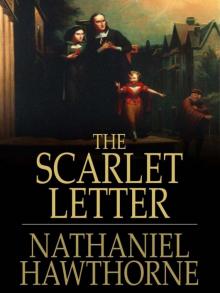 The Scarlet Letter
The Scarlet Letter Young Goodman Brown : By Nathaniel Hawthorne - Illustrated
Young Goodman Brown : By Nathaniel Hawthorne - Illustrated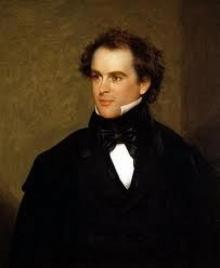 The Birthmark
The Birthmark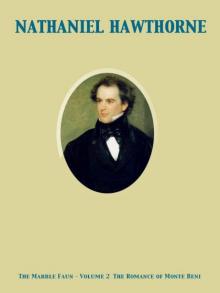 The Marble Faun; Or, The Romance of Monte Beni - Volume 1
The Marble Faun; Or, The Romance of Monte Beni - Volume 1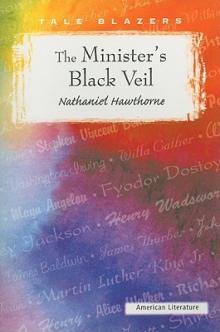 The Minister's Black Veil
The Minister's Black Veil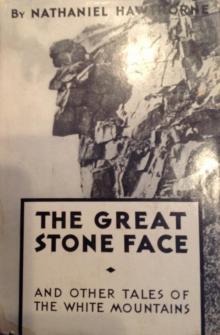 The Great Stone Face, and Other Tales of the White Mountains
The Great Stone Face, and Other Tales of the White Mountains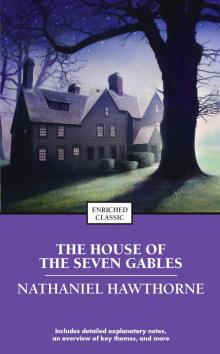 The House of the Seven Gables
The House of the Seven Gables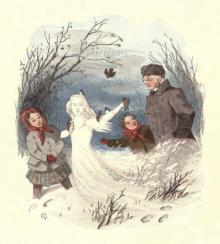 The Snow Image
The Snow Image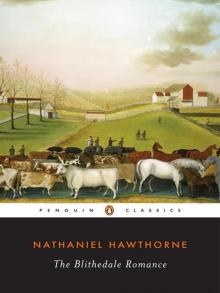 The Blithedale Romance
The Blithedale Romance Rappaccini's Daughter: By Nathaniel Hawthorne - Illustrated
Rappaccini's Daughter: By Nathaniel Hawthorne - Illustrated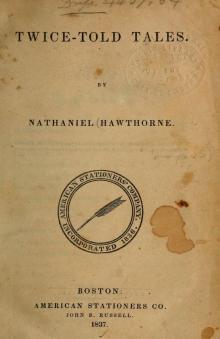 Twice-Told Tales
Twice-Told Tales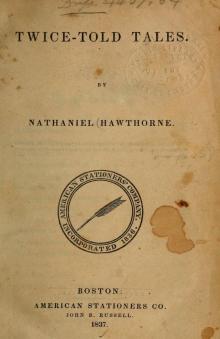 Twice Told Tales
Twice Told Tales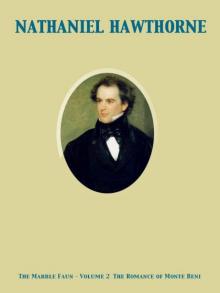 The Marble Faun; Or, The Romance of Monte Beni - Volume 2
The Marble Faun; Or, The Romance of Monte Beni - Volume 2_preview.jpg) Footprints on the Sea-Shore (From Twice Told Tales)
Footprints on the Sea-Shore (From Twice Told Tales) Main Street
Main Street_preview.jpg) The Seven Vagabonds (From Twice Told Tales)
The Seven Vagabonds (From Twice Told Tales) Fanshawe
Fanshawe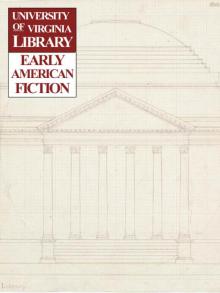 Chippings with a Chisel
Chippings with a Chisel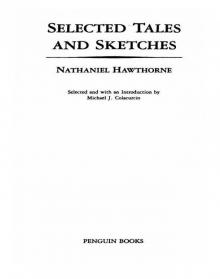 Selected Tales and Sketches
Selected Tales and Sketches Young Goodman Brown
Young Goodman Brown Roger Malvin's Burial
Roger Malvin's Burial The Prophetic Pictures
The Prophetic Pictures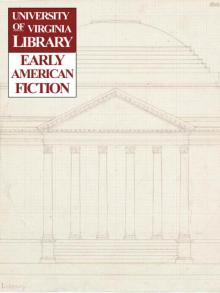 The Village Uncle
The Village Uncle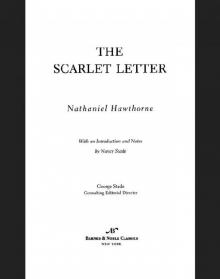 Scarlet Letter (Barnes & Noble Classics Series)
Scarlet Letter (Barnes & Noble Classics Series) The Procession of Life
The Procession of Life Drowne's Wooden Image
Drowne's Wooden Image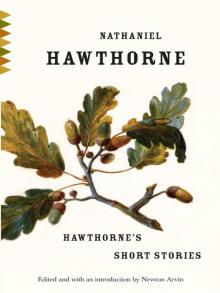 Hawthorne's Short Stories
Hawthorne's Short Stories My Kinsman, Major Molineux
My Kinsman, Major Molineux Legends of the Province House
Legends of the Province House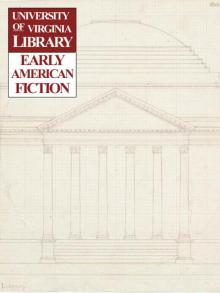 Foot-Prints on the Sea-Shore
Foot-Prints on the Sea-Shore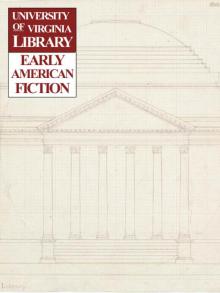 The Haunted Quack
The Haunted Quack Tanglewood Tales
Tanglewood Tales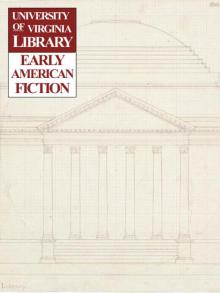 The Seven Vagabonds
The Seven Vagabonds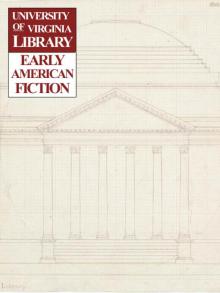 Mosses from an Old Manse, Volume 2
Mosses from an Old Manse, Volume 2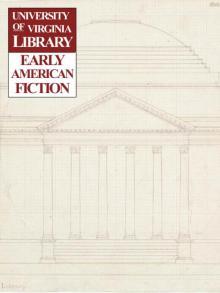 The Canterbury Pilgrims
The Canterbury Pilgrims Wakefield
Wakefield The Gray Champion
The Gray Champion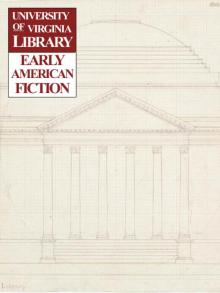 The White Old Maid
The White Old Maid The Snow-Image: A Childish Miracle
The Snow-Image: A Childish Miracle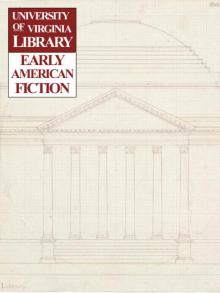 The Gentle Boy
The Gentle Boy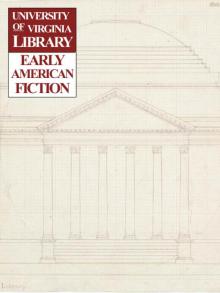 Mr. Higginbotham's Catastrophe
Mr. Higginbotham's Catastrophe![The Threefold Destiny: A Fairy Legend, by Ashley Allen Royce [pseud.] Read online](http://i1.bookreadfree.com/i2/04/10/the_threefold_destiny_a_fairy_legend_by_ashley_allen_royce_pseud__preview.jpg) The Threefold Destiny: A Fairy Legend, by Ashley Allen Royce [pseud.]
The Threefold Destiny: A Fairy Legend, by Ashley Allen Royce [pseud.] Lady Eleanore`s Mantle
Lady Eleanore`s Mantle The Great Carbuncle
The Great Carbuncle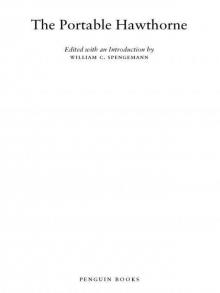 The Portable Hawthorne (Penguin Classics)
The Portable Hawthorne (Penguin Classics)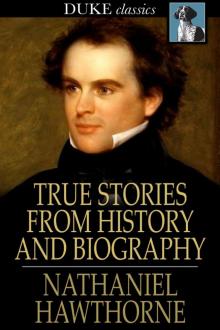 True Stories from History and Biography
True Stories from History and Biography